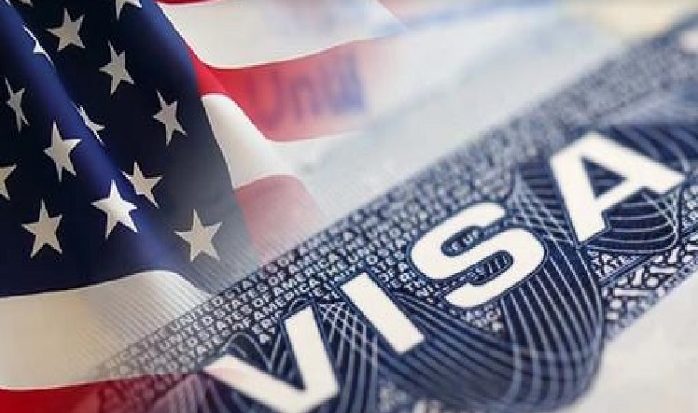Eleven months after the Nigerian Civil War in 1970, Emmanuel Amuneke, was born to Eziobodo, Owerri parents. As the war progressed, Owerri became the capital of Biafra after the fall of Enugu and later Umuahia.
Tanzania was the first African nation to formally recognize the Republic of Biafra. President Julius Nyerere, braved all odds to identify with the emerging state. In quick succession, his friends also backed Biafra.
Kenneth Kaunda of Zambia, Albert Bongo of Gabon and Felix Houphouet- Boigny of Cote D’ Ivoire followed and were joined by Jean Claude Duvalier of Haiti. Mwalimu Nyerere provided facilities for training Biafran commandos in his country.
At the end of the crisis, General Yakubu Gowon and Nyerere made up and Nigeria and Tanzania became friends again. Amuneke was a baby and could not have understood what the renewed friendship was all about.
Now as Coach of the Tanzanian national soccer team, Taifa Stars, Amuneke is learning more about ties between both countries. His parents lived in Biafra during the war and were indeed Biafrans.
Tanzania debuted at the Nations Cup in 1980. The tournament was hosted by Nigeria. The Green Eagles defeated Taifa Stars 3-1 in the opening match. Remarkably, the second goal was scored by Ifeanyi Onyedika. The other goals came off the cleats of Segun Odegbami and Muda Lawal respectively.
Ifeanyi and his elder brother, Emeka Onyedika were Biafrans during the war. In 1975, the senior Onyedika and his Enugu Rangers team mates were attacked by a section of the Lagos crowd simply because the Flying Antelopes were forced to a barren draw by Young Africans [Yanga] of Tanzania.
It was in the Lagos first leg of a CAF Champions League second round game. Rangers had beaten Accra Great Olympics of Ghana, home and away, in the first round.
Some crazy fans did not understand why the same team could not beat lowly Tanzania. They reasoned that it was an unwritten agreement between both sides because of the support the East Africans extended to Biafra during the war. Enugu was the first capital of Biafra.
Rangers earned a 1-1 away draw in the second leg and progressed to the finals, the first Nigerian team to get to that stage. They slumped to Hafia, Guinea in both legs.
READ ALSO: PSG Reach French Cup Final as Verratti Nets Rare Goal
Amuneke was a toddler in 1975. That same little boy has grown to bring Nigeria and Tanzania even closer. Taifa Stars are going to the Nations Cup once again, for the second time. And this will be their first time in 39 years.
The Nigerian coach only took over the team in August 2018 and has been able to make the difference. Qualification ticket was booked with an emphatic 3-0 win over Cranes of Uganda.
Amuneke is now dreaming of playing against the Super Eagles. How time flies. If this happened in the early 1970s, more meaning could have been assumed by some fanatics.
Playing against his home country is nothing new. Amuneke did it with Zamalek of Egypt, against Stationery Stores, Lagos. The Adebajo Babes were knocked out of the CAF Champions League quarter finals in 1993. The Egyptians ended up as champions.
In 1994, Amuneke helped Nigeria win the Africa Nations Cup. He hit a brace in the 2-1 win over Zambia. His goal also won Africa’s first Olympic soccer gold, at Atlanta ’96. The final result was Nigeria 3 Argentina 1.
As a coach, he has also done well. In 2015, Amuneke led the Golden Eaglets to a fifth FIFA Under 17 World Championships triumph. In other words, he has paid his dues.
With Tanzania, the coach has a hurdle to cross. The Taifa Stars have never won a Nations Cup game. In Lagos, they lost to Nigeria and Egypt respectively and got a draw with the Ivorians.
Amuneke should strive to set a record. No Nigerian coach has ever led another country to win a Nations Cup medal. Stephen Keshi could not do it with Togo in 2006. He also failed to achieve that with Mali in 2010.












